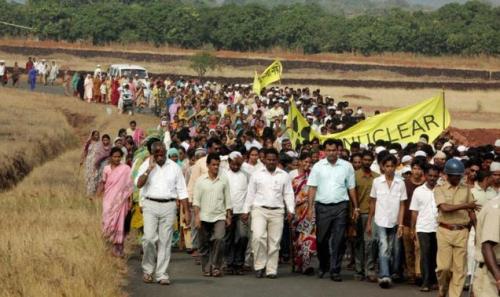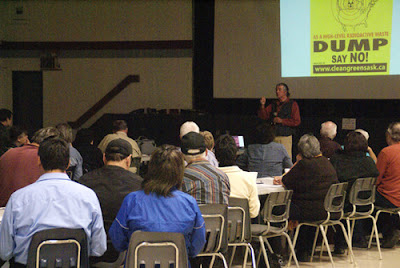The Dream of Economic Reason Gives Birth to Tremendous Catastrophes
By Elmar Altvater
Transform!
August 2011
Co-President of the party DIE LINKE, Klaus Ernst, explained the meagre results of his party in the March 27, 2011 German regional elections (3.1% in Rhineland-Palatinate, 2.8% in Baden-Wuerttemberg) and the two-digit increase in the vote of the Greens after the heated electoral campaign focusing on nuclear policy in the wake of the catastrophe of Fukushima, in which the topic of social justice had been pushed to the background. In his words: “If everything is contaminated with radiation, even a minimum wage does not help”.
That is true. Even the global economic crisis which continues to cause pain and which has manoeuvred some states to the brink of bankruptcy, and the Euro-zone nearly to its collapse, is less often spoken about than the nuclear disaster in Japan, at 9,000 kilometres from Europe.
This is globalisation in its concreteness: supply and trade chains, financial transactions and migration, cultural exchange, the internet and mobile phones, not to mention the formal and informal meetings of the G-8, the G-20 etc., have created not only a virtual but a very real proximity. And now radioactively contaminated material in containers could be distributed from Japan to the entire world. Does the container – the symbol and vehicle of globalisation – have to be abolished, and is it necessary, after the liberalisation of customs and passenger security controls, to introduce new radioactivity controls? Where are the limits of globalisation?
The answer is: in nature, as Frederick Engels clairvoyantly explained in the reprimand in his “
Dialectics of Nature”: “Let us not, however, flatter ourselves overmuch on account of our human victories over nature. For each such victory nature takes its revenge on us … Thus at every step we are reminded that we by no means rule over nature … but that we, with flesh, blood and brain, belong to nature, and exist in its midst…”. If the productive and destructive forces are sufficiently developed – and this is the case in the nuclear age –, economic rationality transforms itself not only into irrationality but into catastrophes.
Read more HERE.



















